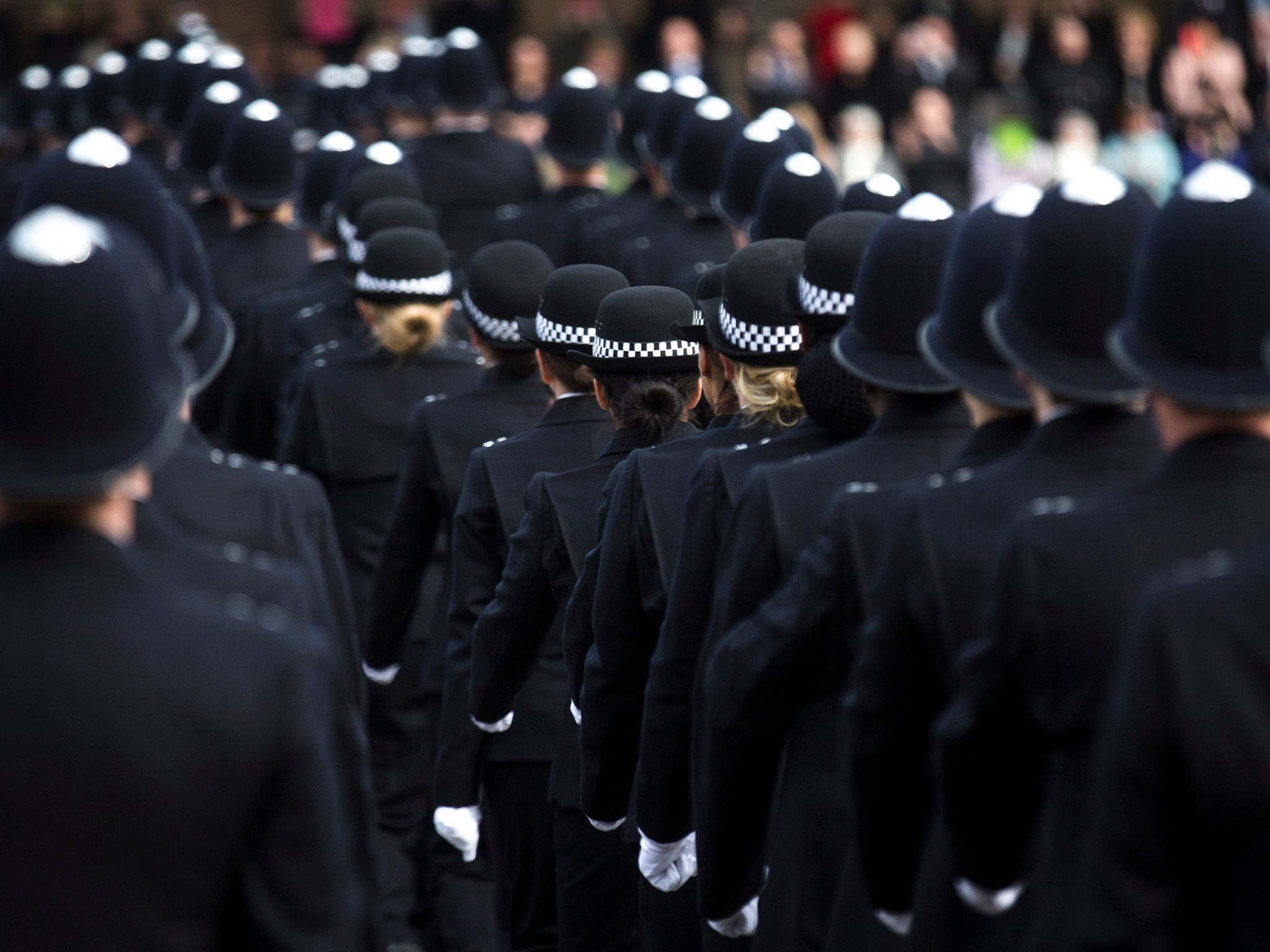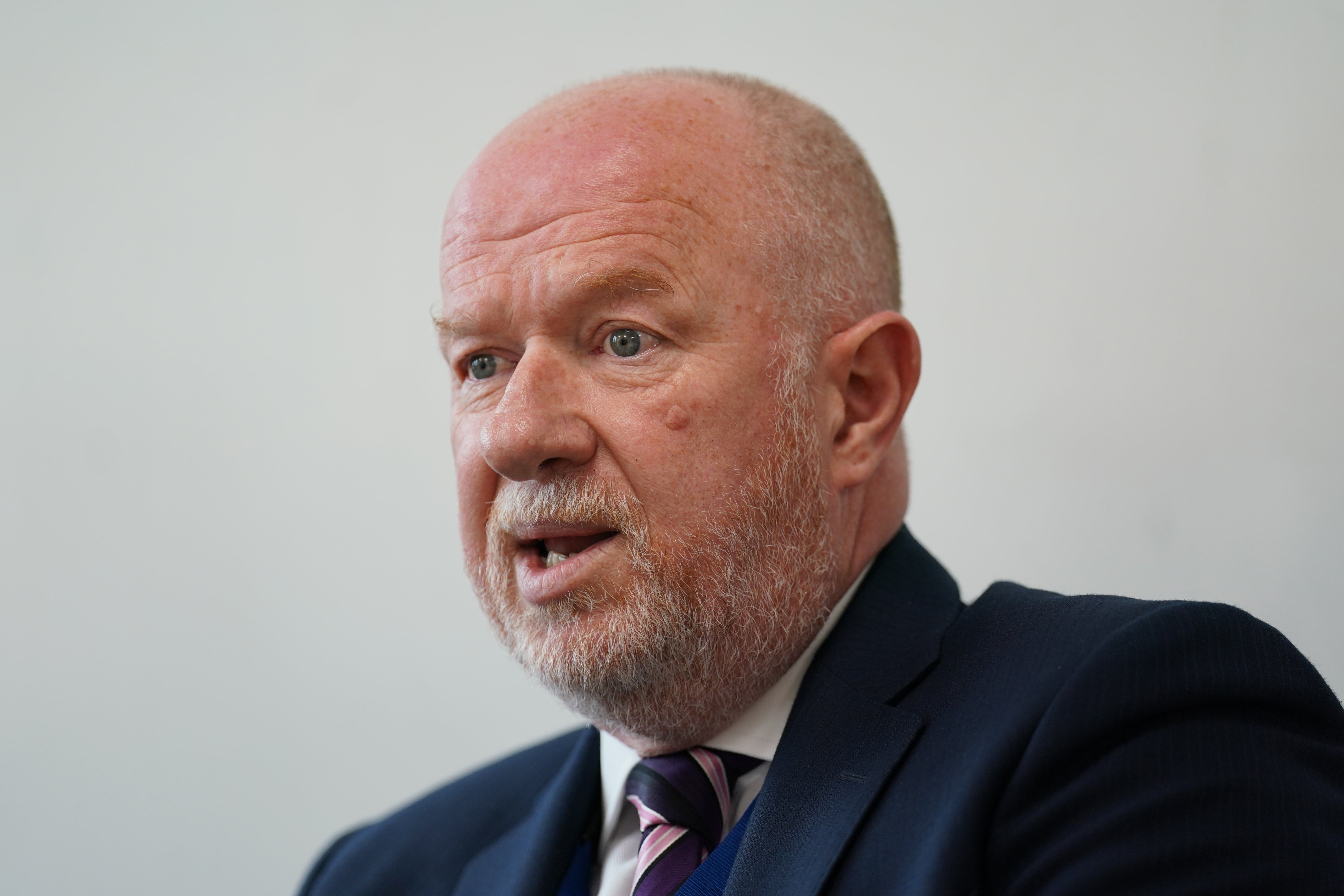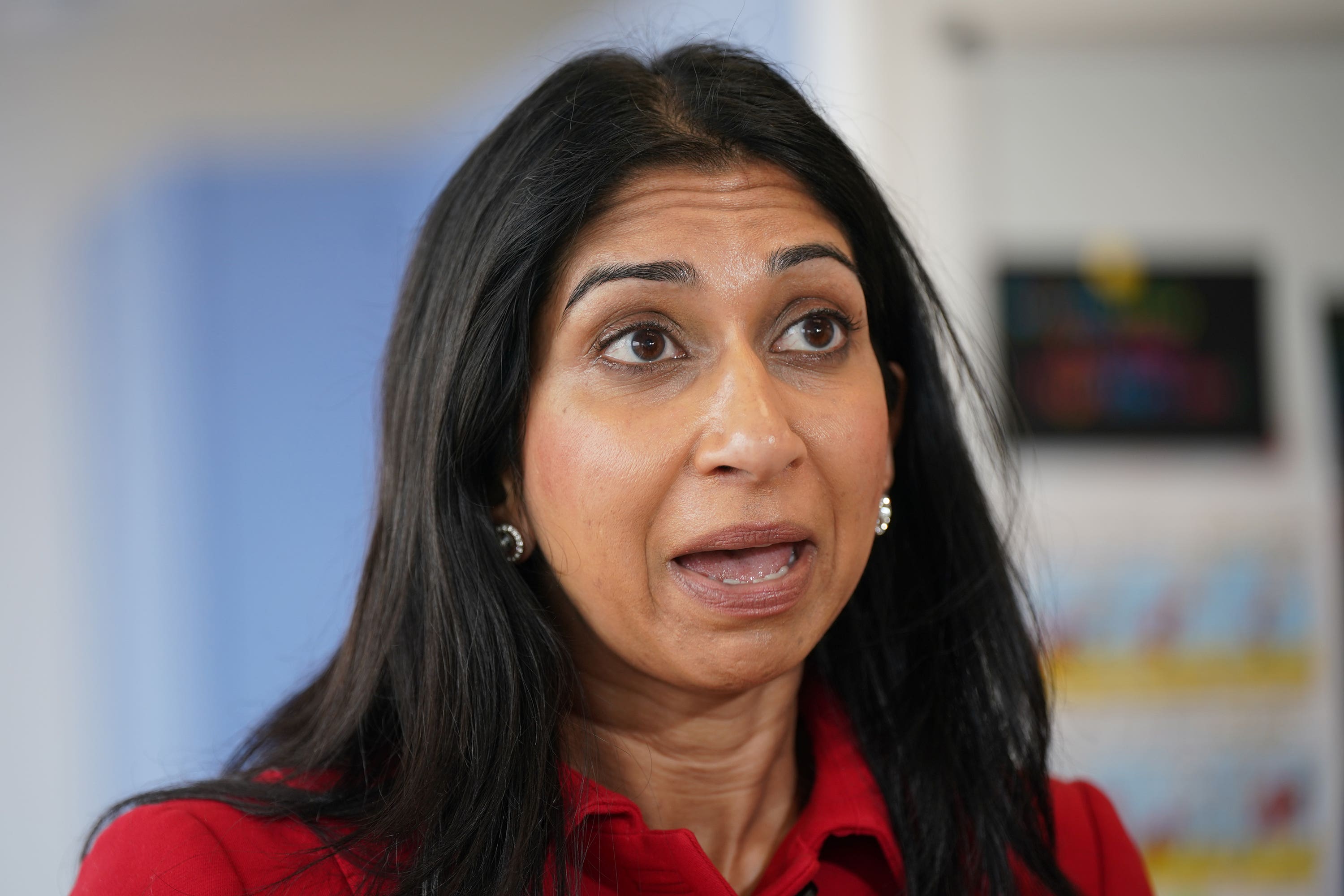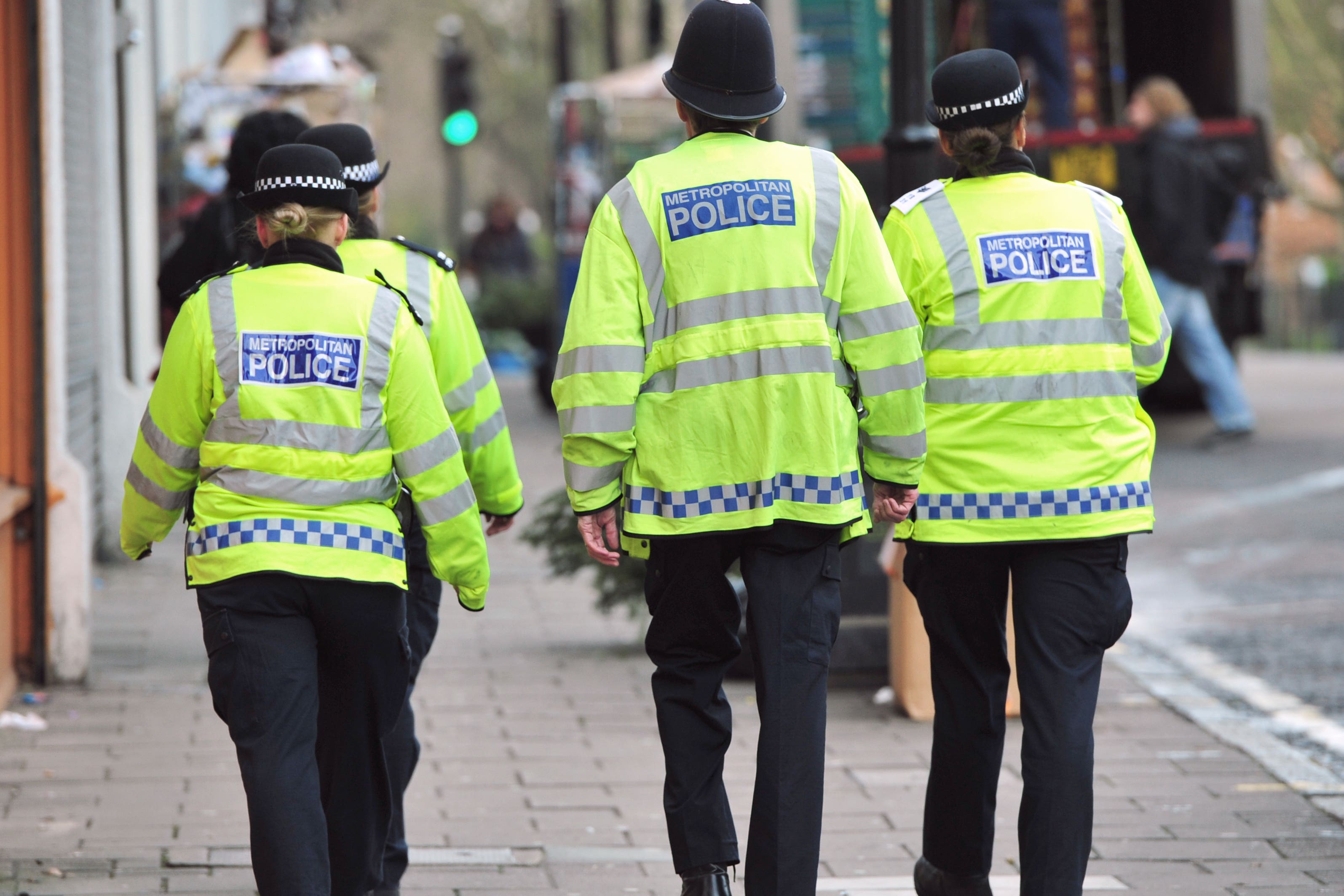British policing is having an identity crisis and the public are paying the price
Police don’t know what they should be focusing on, and the public haven’t been asked, writes Lizzie Dearden

As yet another damning report on the state of British policing is published, warning of criminals going free, plummeting public trust and poor oversight, focus is starting to shift from asking what is going wrong, to why.
The impact of years of austerity, which decimated both police officer numbers and the wider criminal justice system, is clear to see, and was implicitly acknowledged by Boris Johnson’s drive to rapidly recruit 20,000 new constables.
But what has been less widely recognised is an identity crisis at the heart of British policing, with confusion and contention mounting around the basic question of what officers should be doing.
“To some extent, the role of the police has become confused,” writes HM chief inspector of constabulary Andy Cooke, in his annual report on the state of policing in England and Wales. “If I were to ask a chief constable, a police and crime commissioner, a political leader and a member of the public what the role of a police officer is, I would almost certainly receive four slightly different answers.”
Mr Cooke says there is a “broad consensus” around the primary purposes of maintaining the peace and preventing and detecting crime, but that policing’s remit has been steadily widening to encompass tasks “that could, and should, be done by other services”.

He adds: “These extra tasks have been taken on without enough public consultation. The police must, through an open and honest discussion with the public, definitively establish their role in society.”
The mission creep was exacerbated by austerity, which drove increasing demand on the police to respond to incidents like mental health crises and children missing from residential care – the kinds of incident that would previously have been dealt with by NHS bodies, councils and social workers.
Budget cuts to policing also intensified the use of “prioritisation”, where police forces decided what types of crime to focus on and what to filter out.
Policies coalesced around the idea of “threat, harm and risk”, focusing increasingly on the most serious crimes that affect the most vulnerable people, such as child abuse.
But the report by the HM Inspectorate of Constabulary and Fire & Rescue Services points out that this approach, although “admirable and understandable”, resulted in the crimes that affect the largest number of people being afforded the least priority.
“The police exist to serve all citizens equally, and victims who aren’t vulnerable should still receive a good level of service from the police when they need it,” it adds.

Domestic burglary, theft from vehicles and phone muggings are all examples of commonly experienced offences that largely fell by the wayside as they were classed as “volume crimes” without a high risk of significant harm.
But as Mr Cooke told a press conference on Thursday, “It’s not ‘volume crime’ if it happens to you – it’s an important issue.”
He warned that the kind of policing that has been deprioritised in recent years – officers turning up in person to burglaries, bobbies on the beat, and neighbourhood units – was “really important to people because these are the crimes they see on a daily basis”.
But an estimated third of police time is being used for non-police work, such as responding to mental health incidents and reports of missing people.
A gap between public perception and the reality of what the police do is apportioned part of the blame for a high bounce rate in new police recruits, many of whom are leaving forces during their probation period.
“The dividing line between what does and doesn’t constitute ‘police work’ should be much clearer,” Mr Cooke argues. “Police leaders, acting together and working closely with the government, then have a responsibility to take a firmer stance on what the police will and won’t do. The present situation can’t continue.”

The government is currently backing a controversial move to allow police forces to refuse to attend mental health incidents that they believe should be dealt with by NHS bodies instead, as well as a drive to restore officers’ attendance at all domestic burglaries.
At the same time, Suella Braverman has been on a crusade to stop police responding to “non-crime hate incidents”, which she claims have been “distracting” officers and wasting their time.
Those policies have been broadly welcomed by police leaders and officers alike, but they have been accompanied by a wave of political messaging on how police should respond to environmental protesters, the trans debate, and even the displaying of golli***s in a pub.
Pressure has also, rightly, been mounting to tackle racial disparity in policing and misogyny among officers, following the terrible crimes committed by Wayne Couzens and David Carrick.
Violence against women and girls is the most recent addition to the statutory list of policing priorities, which also include terrorism, serious and organised crime, cyber incidents, child sexual abuse, public disorder and civil emergencies.
As the inspectorate’s report cautions: “When there are too many priorities, or frequently changing priorities, nothing becomes a priority.”






Join our commenting forum
Join thought-provoking conversations, follow other Independent readers and see their replies
Comments